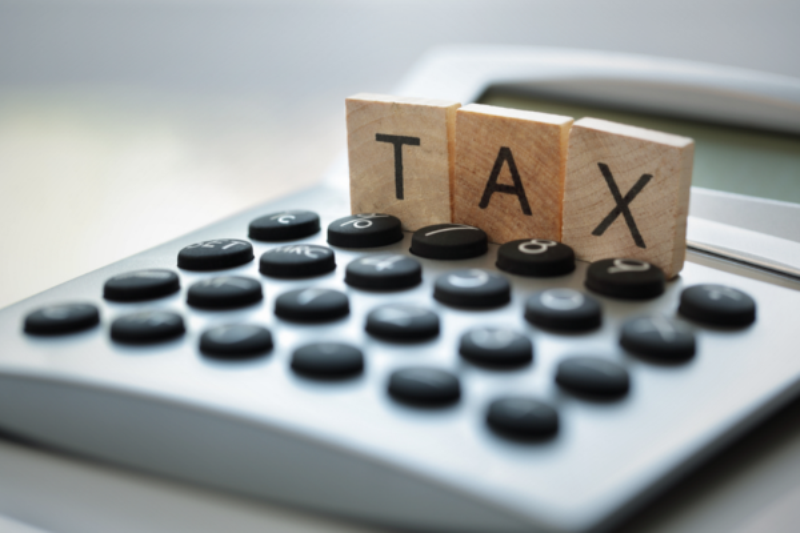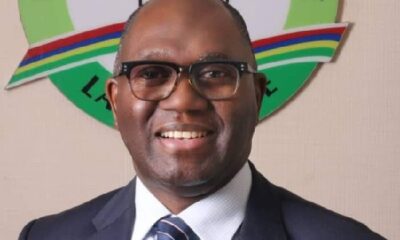- No Going Back on Banks’ Probe for Tax Collection Verification – RMAFC
The Revenue Mobilisation Allocation and Fiscal Commission on Sunday said there was no going back on the on-going probing of Money Deposit Banks to ascertain the amount of money they collected on behalf of revenue generating agencies of the government.
The revenues accruals being probed by RMAFC through consulting auditors include Withholding Tax, Value Added Tax, Royalties, Signature Bonuses, Customs duties and tariffs being collected by various agencies including the Central Bank of Nigeria, the Nigerian National Petroleum Corporation, the Department of Petroleum Resources, Nigeria Customs and the Federal Inland Revenue Services.
In a statement made available to our correspondent in Abuja on Sunday, spokesman for RMAFC, Mr Ibrahim Mohammed, said although RMAFC was not a revenue generating agency, it was empowered by the constitution to serve as a watchdog over revenue generating organisations.
Mohammed said the clarification had become necessary following media reports challenging the legality of the probe exercise by vested interest.
The RMAFC spokesman said that the exercise which had already yielded the recovery of unremitted N57.7bn from the banks would proceed to its logical conclusion.
He said, “It is worth clarifying that RMAFC does not deal with individual taxpayers directly but monitors collections by collaborating with sister agencies such as the CBN, NNPC, DPR, Customs, and FIRS to ascertain how much was actually collected and remitted into the federation account so as to minimise revenue leakages.
“Recall that in an earlier exercise covering January 2008 to June 2012, RMAFC had announced the recovery of the sum of N4.2bn from the banks promising that more recoveries would be made.
“Buoyed by the huge success recorded, the commission following the approval of the National Economic Council launched the second phase of the exercise covering the period July 2012 to December 2015 which has so far established the sum of N57.7bn.
“Thus far, the sum of N48.7bn had already been recovered and remitted into the federation account while the remaining balance of N9.07bn which relates to withholding tax on dividend only had been duly released to the benefitting States Boards of Internal Revenue as had earlier been announced.
“In order to ensure transparency and accountability in revenue generation and remittance with a view to reducing revenue leakages, the commission seeks further collaboration and cooperation of revenue generating and regulatory agencies, anti-corruption agencies as well as the civil society and the media.”
Mohammed said Section 6(1) of the RMAFC Act, 2004 which “provides that the commission shall have powers to among others, monitor the accruals to and disbursement of revenue from the federation account,” justified its action in relation to the on-going investigation.



 Forex3 weeks ago
Forex3 weeks ago




 Naira2 weeks ago
Naira2 weeks ago
 Billionaire Watch2 weeks ago
Billionaire Watch2 weeks ago




 Naira2 weeks ago
Naira2 weeks ago




 Naira2 weeks ago
Naira2 weeks ago




 Naira1 week ago
Naira1 week ago




 Naira4 weeks ago
Naira4 weeks ago




 Naira3 weeks ago
Naira3 weeks ago
















